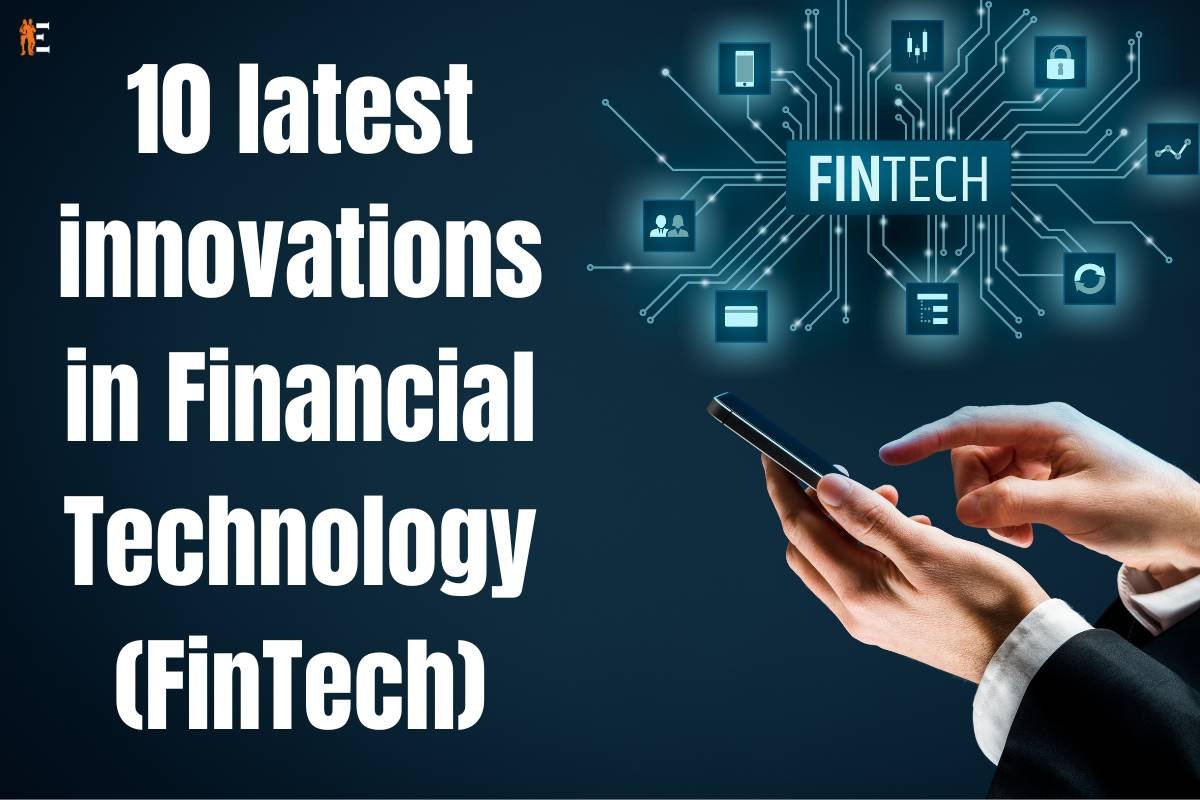The cashless economy has led the financial technology sector to new heights. Especially, post covid, as cashless transactions reached new heights, the financial technology sector surged to an all-time high. The startup culture refers it as the FinTech sector. As technology advances keep on happening, new financial technologies keep evolving, making payments easier than ever. The acceptance of digital technologies is immense these days, and the speed with which the transactions take place is overwhelming. The speed of them and the security which they provide, are pathbreaking.
In this article we’ll show a glimpse of the financial technology that is making our lives easier:
1. Mobile Wallets: Pioneering Payment Convenience
The rise of mobile wallets has been nothing short of a game-changer for businesses and consumers alike. With the increasing adoption of smartphones, mobile wallet applications have enabled businesses to facilitate seamless payments, allowing customers to store their payment information securely and make transactions with just a few taps. In the financial technology sector, mobile wallets are the most widely accepted means of payment. This innovation has not only made the payment process more convenient but has also heightened the security of transactions through advanced encryption and authentication measures.
2. Redefining Contactless PaymentsTransaction Speed

Contactless payment technology has significantly expedited payment processing for businesses. With Near Field Communication (NFC) technology, customers can make payments by simply tapping their cards or smartphones on compatible payment terminals. This approach not only reduces the time spent during transactions but also enhances the overall customer experience by eliminating the need for physical contact or swiping. Time saving is the most important factor of the financial technology available at our dispense.
3. Blockchain and Cryptocurrencies: Revolutionizing Cross-Border Transactions
Blockchain technology and cryptocurrencies have emerged as transformative tools in the FinTech landscape. Businesses can now conduct cross-border transactions more efficiently and at a reduced cost using cryptocurrencies. Blockchain’s decentralized nature ensures transparency, security, and traceability of transactions, enabling businesses to navigate the complexities of international payments with greater ease.
4. Peer-to-Peer (P2P) Payment Platforms: Simplifying Small Business Transactions
P2P payment platforms have evolved from being a method for friends to split bills to serving as integral tools for businesses. These platforms facilitate seamless transfers between businesses and clients, vendors, or partners. By eliminating the need for checks or wire transfers, P2P payments enhance financial agility and streamline cash flow management for businesses of all sizes.
5. Artificial Intelligence (AI) and Machine Learning: Enhancing Fraud Detection
AI and machine learning algorithms have transformed the way businesses identify and prevent fraudulent transactions. Financial technology analyzes vast amounts of data to detect patterns and anomalies, allowing businesses to promptly identify and mitigate potential risks. Businesses can safeguard their financial assets and build trust with their customers by reducing fraudulent activities.
6. Biometric Authentication: Reinforcing Payment Security
Biometric authentication methods, such as fingerprint recognition and facial scanning, have elevated payment security to new heights. By replacing traditional PINs and passwords, biometrics offer an additional layer of protection against unauthorized access. Businesses can ensure secure transactions and protect sensitive customer information, bolstering their reputation in the market.
7. Digital Invoicing and Billing Solutions: Streamlining Payment Processes
Traditional invoicing and billing processes have often been manual and time-consuming. However, with the advent of digital invoicing and billing solutions, businesses can generate, send, and track invoices seamlessly. These platforms automate payment reminders and notifications, reducing the chances of delayed payments and improving overall cash flow management.
8. Open Banking: Catalyzing Financial Integration
Open banking is transforming the way businesses manage their financial data and transactions. Businesses can integrate various financial services seamlessly by allowing third-party financial service providers to access bank account information with customer consent. This innovation enhances financial visibility and empowers businesses to make informed payments, investments, and cash flow decisions.
9. Internet of Things (IoT) Payments: A New Realm of Possibilities

The Internet of Things (IoT) has extended its influence to the realm of payments. IoT devices equipped with payment capabilities enable businesses to automate transactions, creating a frictionless payment experience. For instance, smart vending machines can now accept payments through connected devices, providing customers with an innovative and efficient way to make purchases.
10. Central Bank Digital Currencies (CBDCs): Shaping the Future of Transactions
Central Bank Digital Currencies (CBDCs) are emerging as a significant development in the FinTech landscape. CBDCs are digital representations of a country’s official currency, issued and regulated by the central bank. These digital currencies have the potential to streamline government disbursements, tax collection, and interbank transactions. Businesses can benefit from faster and more secure cross-border transactions, reducing reliance on intermediaries.
Future Scope and Business Benefits of Financial Technology:
The future of FinTech and its impact on businesses is promising. As these innovative technologies continue to evolve, businesses are poised to reap substantial benefits:
- Enhanced Efficiency: The integration of advanced payment technologies streamlines transaction processes, allowing businesses to allocate resources more effectively and focus on core activities. Financial technology plays a major role in saving time and hassle-free transactions.
- Global Expansion: Cross-border transactions, often marred by high fees and delays, will become smoother with the adoption of blockchain and cryptocurrencies, enabling businesses to explore international markets more confidently.
- Risk Mitigation: AI-powered fraud detection and biometric authentication technologies significantly reduce the risk of financial fraud, safeguarding businesses and customers alike. Financial technology helps keep transactions safe and secure.
- Improved Customer Experience: Convenient payment methods, such as mobile wallets and contactless payments, enhance customer satisfaction and loyalty, ultimately boosting a business’s reputation.
- Financial Visibility: Open banking and digital invoicing solutions provide businesses with real-time financial insights, enabling better decision-making and cash flow management.
- Cost Savings: Automation and digitization of payment processes reduce administrative costs and the need for manual interventions, leading to overall cost savings for businesses.
- Innovation Adoption: Embracing emerging technologies showcases a business’s commitment to innovation, attracting tech-savvy customers and partners.

Conclusion:
Financial technology innovations have unleashed a wave of transformation in the way businesses manage payments. From mobile wallets to blockchain and cryptocurrencies, the future of FinTech holds immense potential for businesses to streamline operations, enhance security, and expand their global reach. As these innovations continue to evolve, businesses that seize the opportunities presented by FinTech stand to gain a competitive edge in the modern business landscape. Embracing these innovations is not just a choice but a necessity to stay relevant and thrive in the evolving world of finance.











